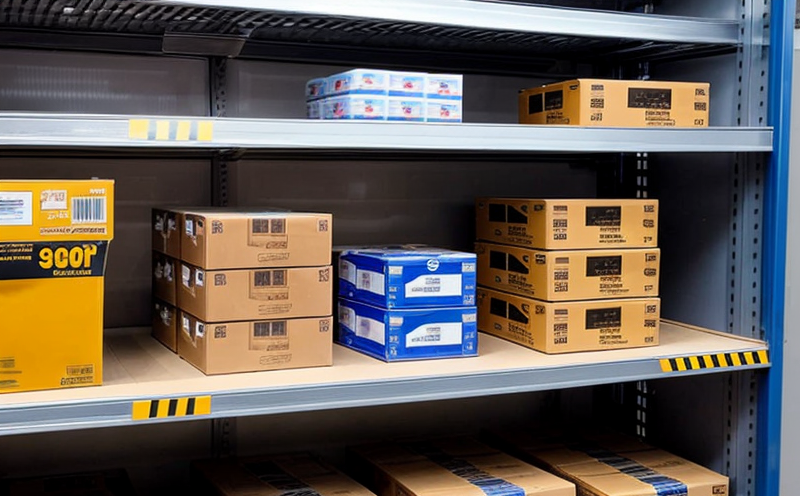Long-Term Accelerated Stability Testing of Packages
The Long-Term Accelerated Stability Testing (LTAST) of packages is a critical step in ensuring medical devices meet stringent quality and safety standards before they reach the market. This testing simulates accelerated aging conditions to predict how packaging will perform under real-world storage and distribution scenarios over extended periods.
During LTAST, packages are subjected to high temperatures, humidity, and other environmental stresses that mimic worst-case storage conditions for a shorter period than would be expected in actual use. This allows manufacturers to identify potential issues early in the development process, ensuring product integrity and compliance with regulatory requirements such as ISO 11607-2.
The testing protocol involves detailed specimen preparation, which includes selecting representative samples of the packaging material. These specimens are then exposed to controlled environmental conditions that accelerate aging processes, typically at temperatures ranging from 40°C to 60°C and relative humidity levels between 65% and 85%. The duration of exposure depends on the specific requirements but can range up to several weeks.
Once testing concludes, all specimens are inspected for any signs of degradation or damage. This includes checking integrity, seal strength, and barrier properties. Acceptance criteria are based on industry standards like ASTM F2485-17, which outline acceptable limits for physical changes in packaging materials over time.
- Temperature: Ranges from 40°C to 60°C
- Relative Humidity: Between 65% and 85%
- Duration: Up to several weeks
The results of LTAST provide valuable insights into the shelf life and performance of medical device packaging under various environmental conditions. This information is essential for ensuring that products remain safe, effective, and compliant throughout their lifecycle.
Why It Matters
The importance of LTAST cannot be overstated in the context of medical device manufacturing and distribution. Ensuring package integrity is paramount to maintaining product safety and efficacy. Poorly designed or manufactured packaging can lead to compromised product quality, increased risk of contamination, and potential recalls.
LTAST helps manufacturers understand the impact of different environmental factors on their packaging materials before they are exposed to these conditions in real-world scenarios. By identifying potential issues early in the design phase, companies can make necessary adjustments to improve package performance and reliability.
The testing process also plays a crucial role in regulatory compliance. Regulatory bodies like the FDA and EU MDR require evidence of adequate shelf life for medical devices. LTAST provides this critical data, demonstrating that packages will protect products effectively over their intended storage periods.
Quality and Reliability Assurance
LTAST is a cornerstone of quality assurance programs in the medical device industry. It enables companies to assess package performance under accelerated aging conditions, ensuring that packages meet or exceed specified shelf life expectations.
The testing process involves rigorous monitoring and documentation, including detailed records of environmental exposures and subsequent inspections for any signs of degradation. This data is then used to refine packaging designs and manufacturing processes, further enhancing overall quality and reliability.
By incorporating LTAST into their development and production workflows, manufacturers can significantly reduce the risk of product failures in the field. This not only protects patient safety but also enhances brand reputation and customer trust.
Environmental and Sustainability Contributions
- Sustaining Quality: Ensuring that packaging remains effective over extended periods helps prevent waste and reduces the need for frequent product replacements.
- Reducing Waste: By identifying potential issues early, LTAST minimizes the likelihood of defective products reaching consumers, thus lowering overall waste generation.
- Eco-Friendly Practices: The use of sustainable materials and practices in package design can be better informed by results from LTAST, contributing to more environmentally friendly manufacturing processes.





